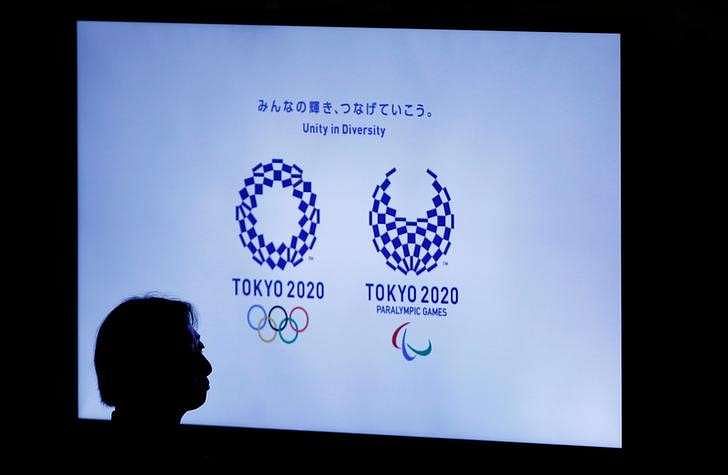
Three people removed from Tokyo park at centre of Olympics protest

By James Daniels
TOKYO (Reuters) - At least three people were removed from a park in the Japanese capital Tokyo on Monday where homeless people have protested against construction projects for the 2020 Olympic Games.
Reuters Television footage showed three people being escorted from Miyashita Park by people who appeared to be police officers and city officials.
An activist named Ogawa said by phone from inside the park that authorities had begun clearing the park and three people were removed. It was not clear how many people were still inside the park.
The park is in Shibuya, a major shopping hub in Tokyo where the underground train station is undergoing renovations to handle a growing number of tourists.
Plans to build four new skyscrapers close to Shibuya station and Miyashita Park have also been approved.
However, before construction can begin, authorities need to clear an area that has been occupied by homeless people for the past decade.
Earlier on Monday morning, construction workers and police erected fences in and around the park. By midday activists had gathered in the area to protest the action.
"The problem is that homeless people were still stranded inside," said Kiyoshi Hasegawa, a professor of Tokyo Metropolitan University who researches disputes involving homeless communities.
A police officer on the scene declined to comment. The Shibuya ward office also did not comment when contacted by Reuters.
Last month, Kazuhiro Okuno, the head of urban development for Shibuya, told Reuters public housing had been offered to those affected by the construction.
There were an estimated 6,235 homeless people in Japan in 2016, according to a report by the Ministry of Health, Labour and Welfare. Almost a quarter of those live in parks in metropolitan areas, the report said.
However, some academics and NGOs contest those statistics, saying the report failed to properly count people living in the streets or suburbs away from major centres, on the move during the day, or hidden in low-cost 24-hour internet cafes.
(Editing by Darren Schuettler)